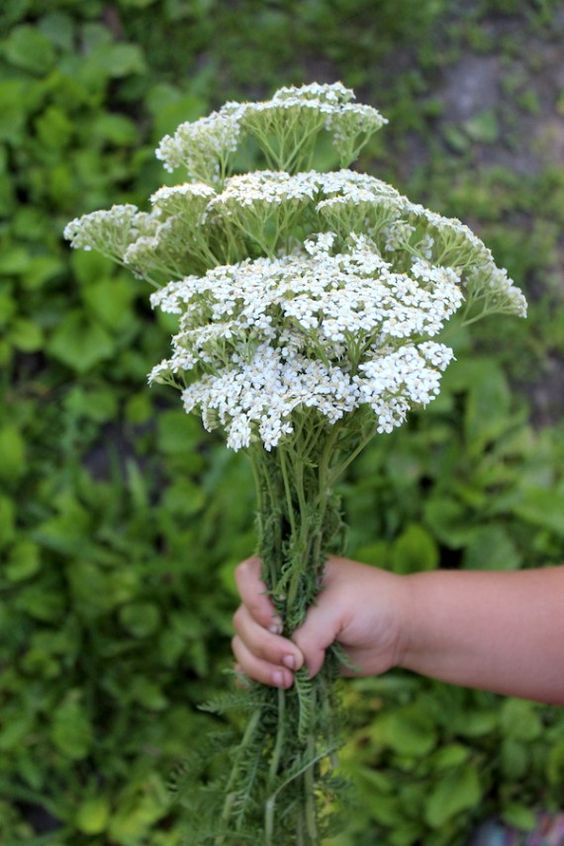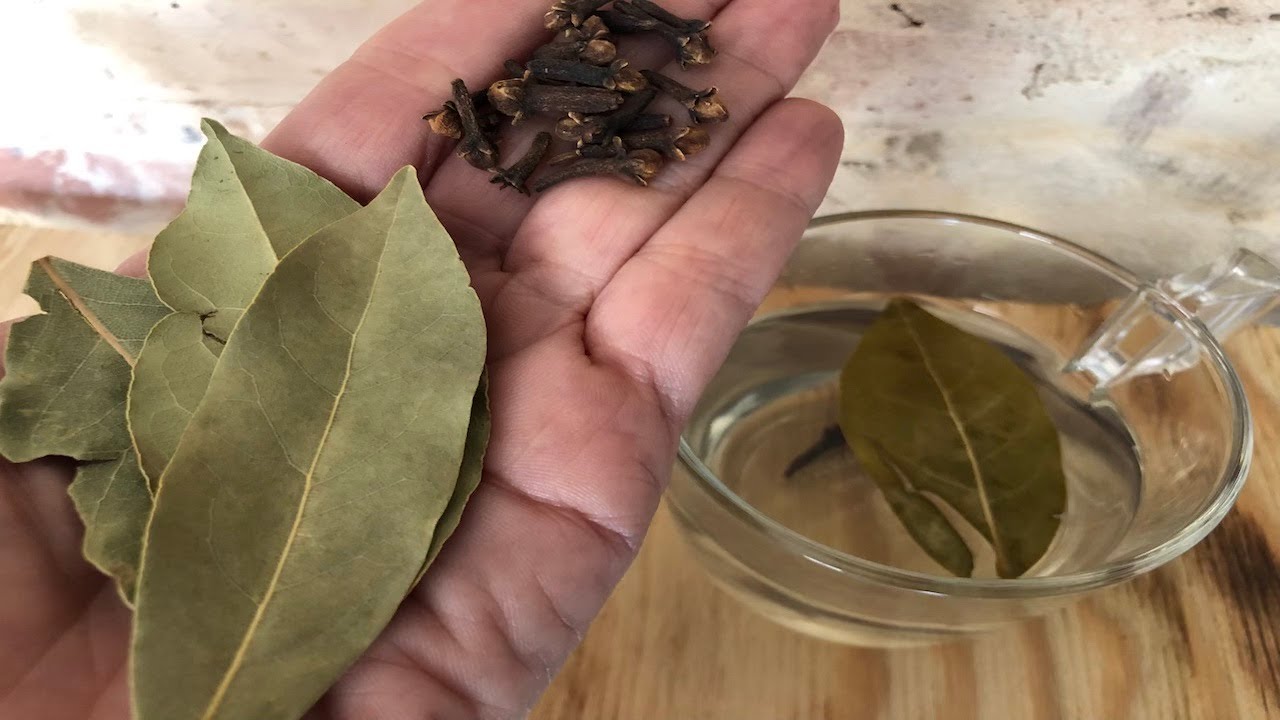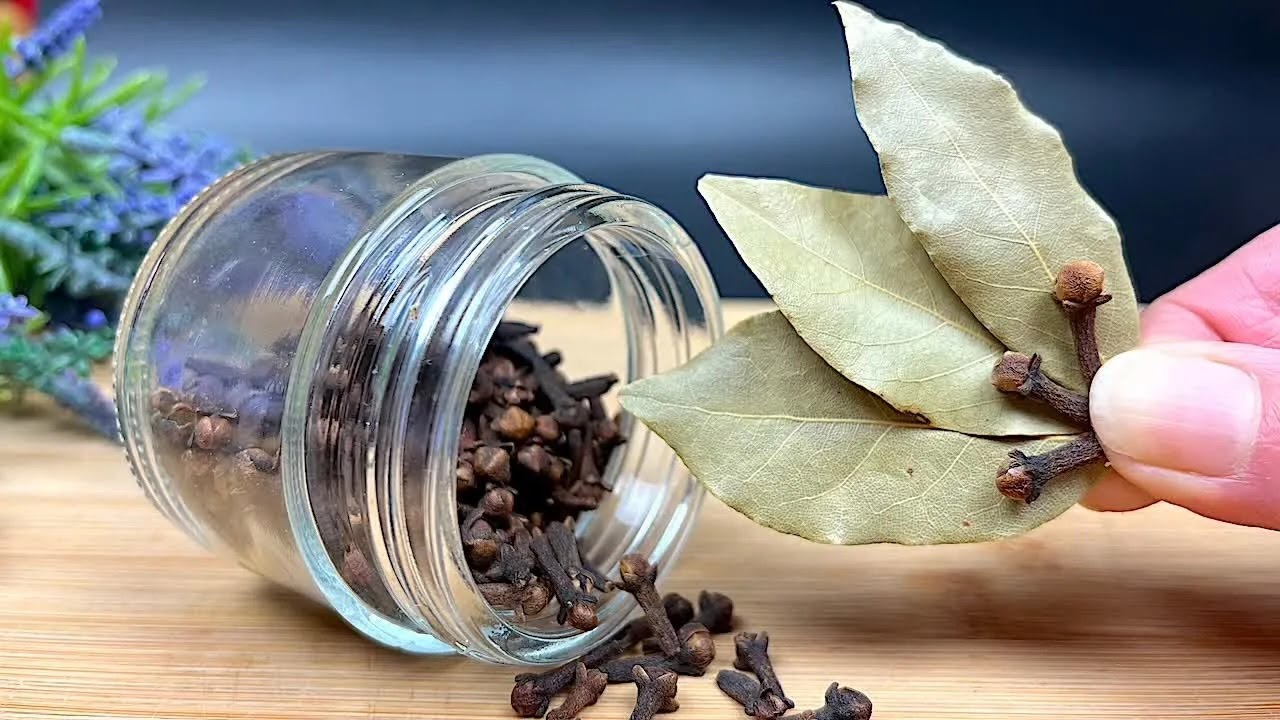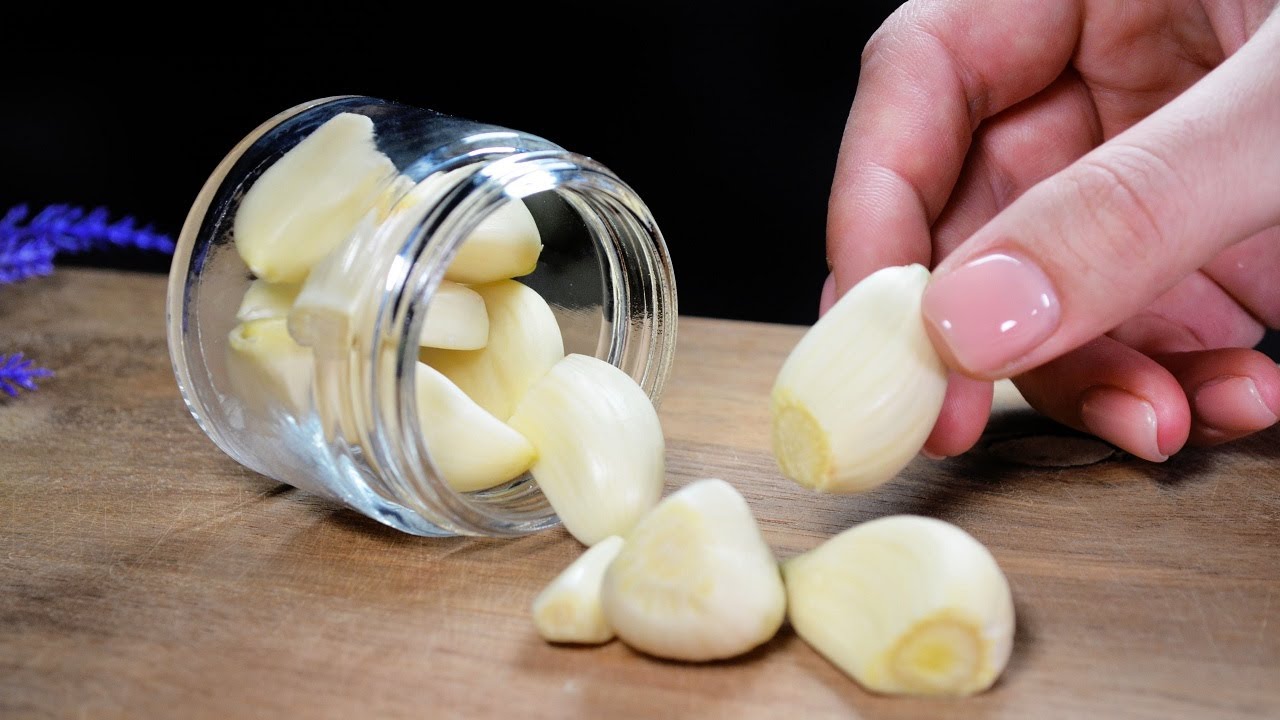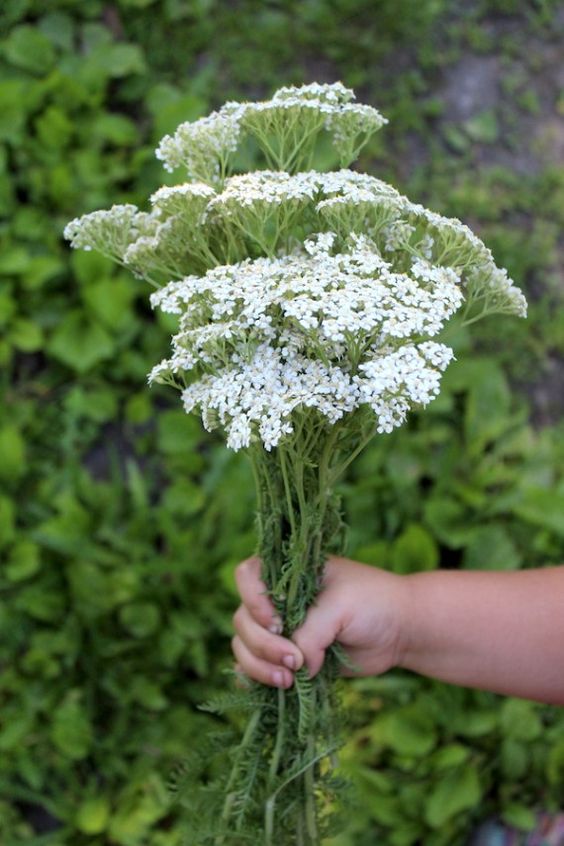
Yarrow, known scientifically as Achillea millefolium, is not just a beautiful addition to your garden with its charming, feathery foliage and clusters of tiny, vibrant flowers—it’s also a powerhouse of medicinal benefits. This herb blooms all through the summer, offering not just visual delight but also a range of uses for what can be considered both first and last aid. Let’s delve into the fascinating world of yarrow and its many benefits.
Why Yarrow?
Yarrow has been revered since ancient times for its healing properties. Named after the Greek hero Achilles, who reportedly used it to treat his soldiers’ wounds, this plant is both versatile and potent. Here’s why it’s valued so highly in herbal medicine:
-
Wound Healing: Yarrow’s most notable property is its ability to stop bleeding. It contains astringent compounds that help in clotting and wound healing, making it excellent for first aid treatment of cuts and abrasions.
-
Anti-inflammatory Properties: Yarrow is effective in reducing inflammation. This makes it beneficial for treating issues like swelling, rashes, and even arthritis. Its ability to soothe and calm irritated skin also makes it a great remedy for insect bites and stings.
-
Digestive Aid: Yarrow can help improve digestion and alleviate digestive discomforts such as cramps, bloating, and indigestion. It stimulates the secretion of digestive enzymes and bile, aiding in the breakdown of food and absorption of nutrients.
-
Immune System Booster: The plant is packed with antioxidants that help strengthen the immune system. Its antiseptic properties also make it useful in fighting infections and boosting overall health.
-
Natural Relaxant: Yarrow has been used to help with relaxation and stress reduction. It can help ease tension headaches and promote better sleep, making it a valuable herb for overall mental well-being.
How to Use Yarrow
Yarrow can be used in various forms, such as teas, tinctures, and poultices:
-
Yarrow Tea: Boil water and steep dried yarrow flowers and leaves for about 10-15 minutes. This tea can be consumed to aid digestion, soothe stress, or as an anti-inflammatory drink.
-
Yarrow Tincture: A more concentrated form of yarrow, tinctures can be used for direct application to wounds or taken internally for systemic issues like digestive health.
-
Yarrow Poultice: For skin irritations or wounds, a poultice made from crushed yarrow leaves and flowers can be applied directly to the skin to reduce inflammation and promote healing.
Growing Yarrow
Yarrow is not only useful but also quite easy to grow. It thrives in well-drained soil and full sun, making it perfect for summer gardens. Once established, it’s drought-resistant and can handle a variety of weather conditions, blooming from early summer right through to fall.
A Word of Caution
While yarrow is beneficial, it’s important to use it with caution, especially if you are pregnant or have allergies to ragweed, as it may cause adverse reactions in sensitive individuals.
Conclusion
Whether you’re looking to beautify your garden or stock your natural first aid kit, yarrow is a plant that covers all bases. With its ability to bloom all summer and offer a multitude of medicinal benefits, yarrow truly is a plant of both first and last aid. Try incorporating yarrow into your life and discover the natural healing powers it holds!
